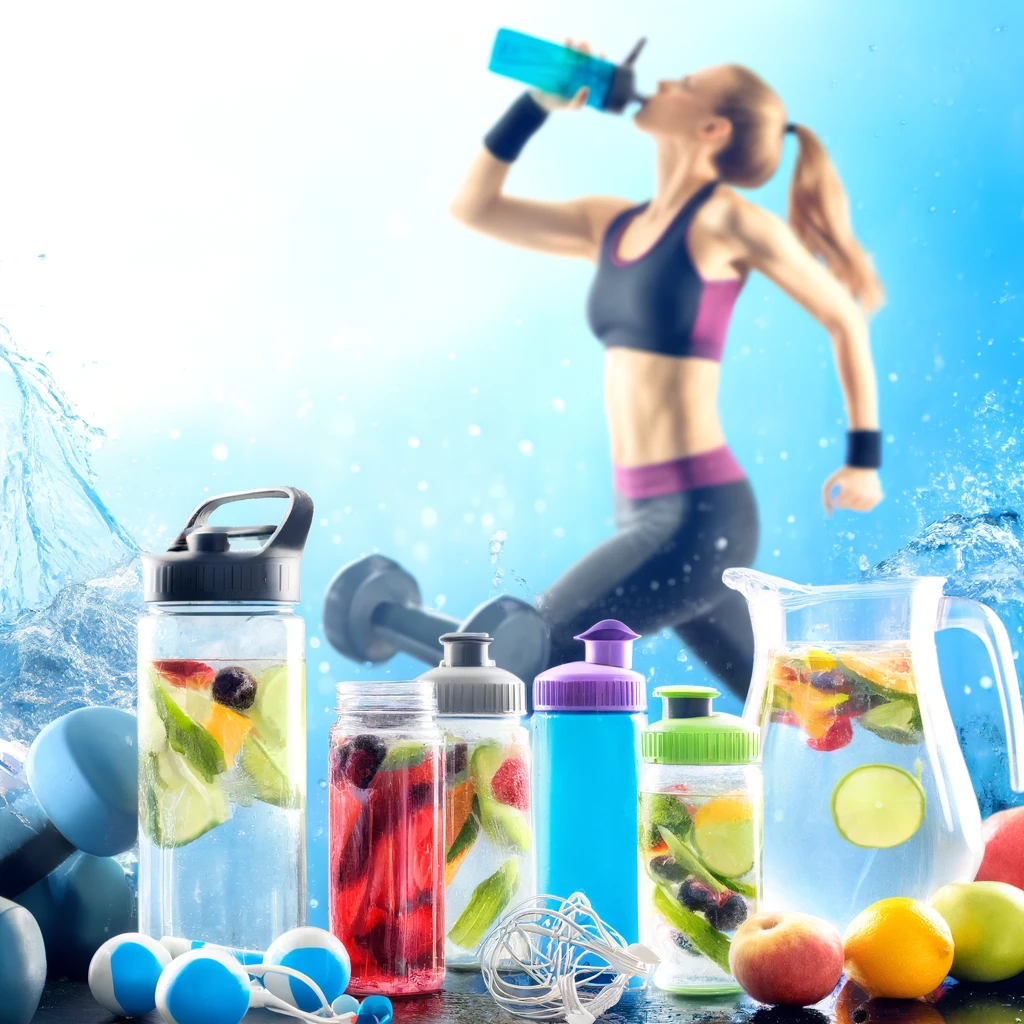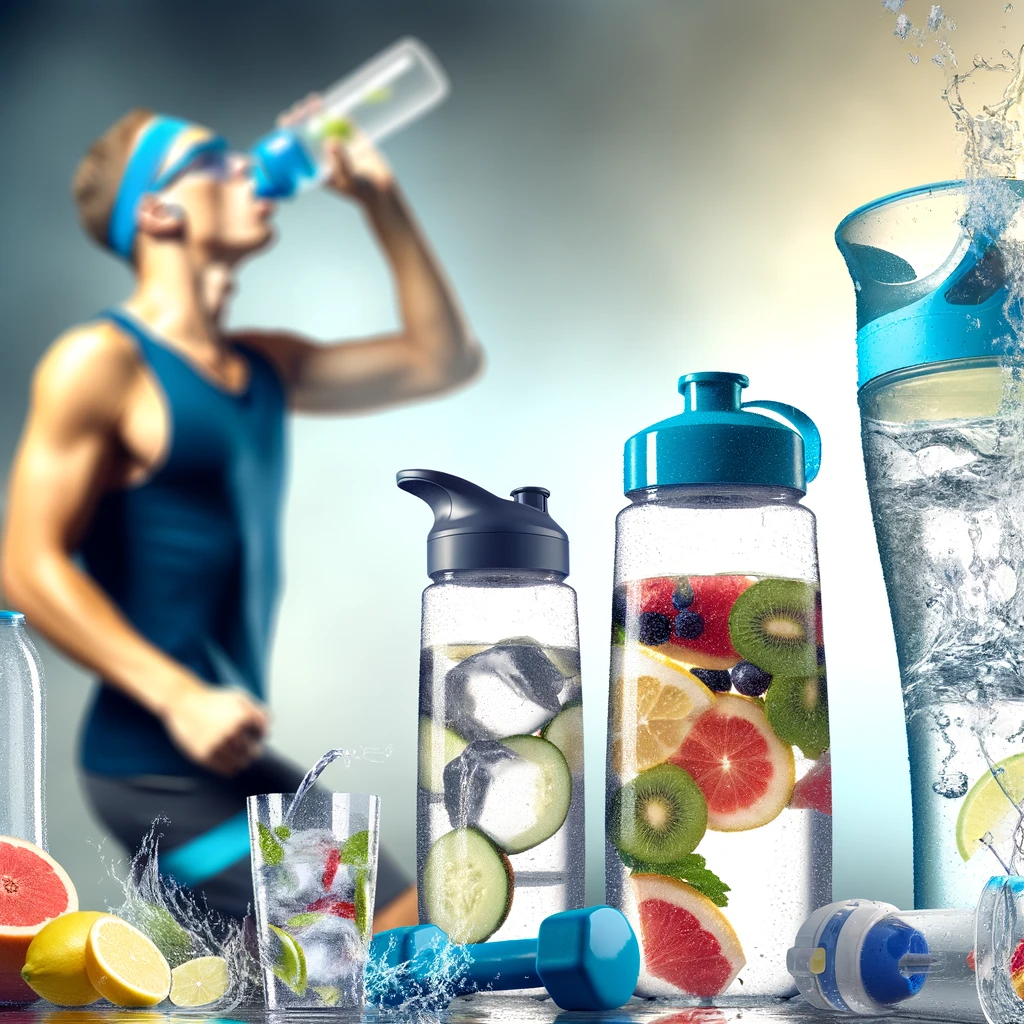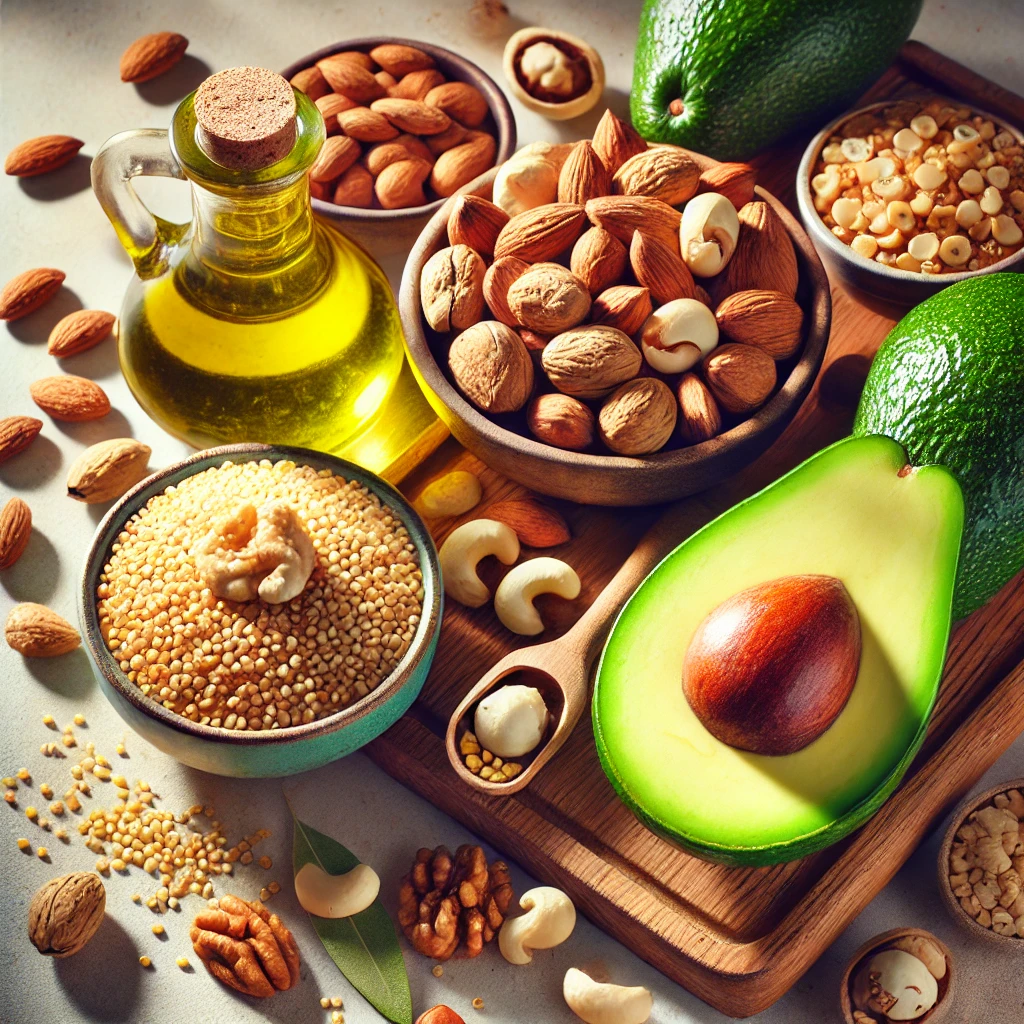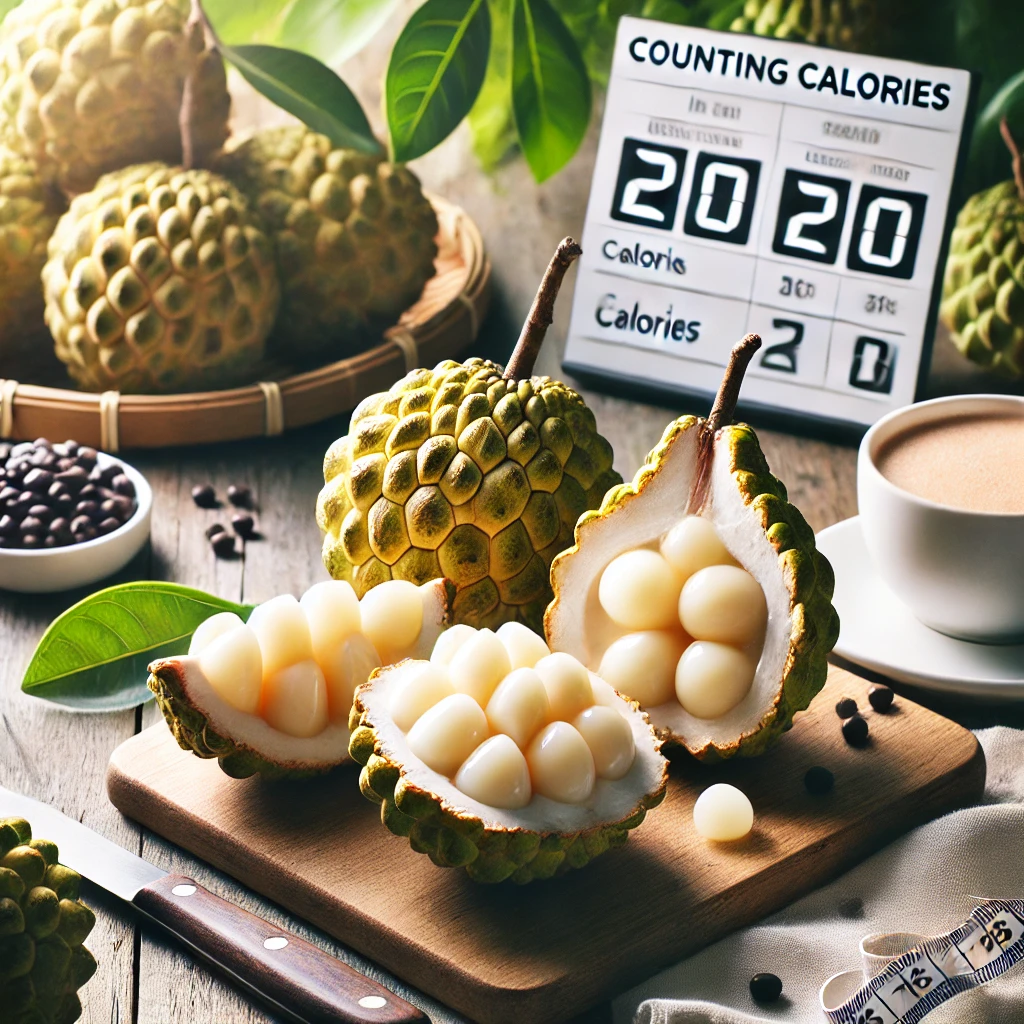Why Hydration is Key for Optimal Fitness Performance
Ever tried running a car without enough fuel? It doesn’t go very far, right? Well, consider water your body’s essential fuel. Whether you’re an athlete, a weekend warrior, or someone just trying to stay active, staying hydrated is crucial for your fitness performance. Let’s dive into why water is the MVP when it comes to your workout regime.
Water Fuels Your Muscles
Imagine your muscles are like sponges. When they’re dry, they’re brittle and ineffective, but when they’re soaked, they’re plump and elastic. Hydration helps your muscles work better because water carries oxygen to your muscle cells. More oxygen means more muscle power and endurance, so you can lift more, run faster, and go longer.
Before you start sweating it out, drink a few glasses of water to make sure your muscles are ready to perform. Think of it as prepping your internal sponge to soak up all that hard work.
Keeps the Engine Cool

Your body has a built-in air conditioner—sweating. As you heat up, your body sweats to cool you down. But here’s the kicker: if you’re not hydrated, your body can’t produce enough sweat, and you risk overheating. That can lead to heat exhaustion or even heat stroke, especially in warm weather.
Staying hydrated helps maintain your body temperature, which keeps you safe and improves your performance. So, keep that water bottle handy, especially on hot days or during intense workouts.
Lubrication for Your Joints
Think of water as the oil that greases your joints. Proper hydration ensures that your joints are lubricated, which reduces friction and minimizes the risk of injury. It’s like oiling a creaky door hinge—it moves better when it’s well-oiled.
Drinking enough water means your joints can handle the twists, turns, and shocks from running, jumping, or any other high-impact activities. It’s essential for keeping you moving smoothly and pain-free.
How Much Water Do You Need?
The amount of water you need can depend on several factors like your size, the intensity of your workout, and the environment. A good rule of thumb is to drink about half an ounce to an ounce of water for each pound you weigh, every day. So, if you weigh 150 pounds, aim for 75 to 150 ounces of water daily.
During workouts, sip on water every 15 to 20 minutes to keep hydrated. If you’re exercising for more than an hour, consider a sports drink with electrolytes to help replace what you sweat out.
Dehydration Dangers
Dehydration can sneak up on you, leading to decreased coordination, muscle fatigue, and even mental fog. These can seriously mess with your athletic performance and might even lead to injuries. Keep an eye out for signs of dehydration like thirst, dry mouth, fatigue, and darker-colored urine.
Making Hydration a Habit
Incorporate drinking water into your daily routine. Start your day with a glass of water, carry a reusable water bottle with you, and drink before, during, and after your workout. If you’re bored of plain water, spice it up with a slice of lemon, lime, or a splash of juice.
How Much Water Should You Really Drink?
Have you ever wondered just how much water you should be drinking each day? It’s not exactly a one-size-fits-all answer, but don’t worry! We’re here to splash through the myths and get to the bottom of the hydration equation. Grab your water bottle, and let’s dive into the world of H2O.
The Golden Rule of Hydration
You’ve probably heard the old adage: “Drink eight 8-ounce glasses of water a day.” That’s about 64 ounces, or roughly 2 liters. This rule is easy to remember, sure, but it’s not tailored to everyone. Athletes, for example, might need more to compensate for sweat loss. Meanwhile, if you’re sitting in an air-conditioned office all day, you might need less.
A more personalized approach? Check out your own body’s demands. Factors like your weight, the climate you live in, and how active you are all play a part in your hydration needs.
Listen to Your Body
Your body has a built-in hydration indicator: thirst. If you’re thirsty, you’re already a bit dehydrated. So, keeping a bottle of water handy and sipping from it throughout the day is a good practice. But, thirst isn’t the only clue; your urine color is a great indicator too. Aim for pale yellow. If it’s dark, you need to drink more water.
Activity Adjustments
If you’re someone who loves to sweat it out at the gym, runs marathons, or engages in any intense physical activity, your water needs are going to spike. Drinking before, during, and after exercise is crucial. A good rule of thumb is to drink about 17-20 ounces of water two to three hours before exercising, 8 ounces during your warm-up, and then continue to sip water every 15 to 20 minutes during your workout.
Post-exercise, rehydrating is key. You’ll want to add an extra 16-24 ounces of water for every pound of body weight lost during activity. Yes, weighing yourself before and after exercise can help you figure out how much to drink afterward!
The Effects of Too Little Water
Not drinking enough water can lead to dehydration, which, even in mild cases, can cause headaches, lethargy, and constipation. In more severe cases, dehydration can lead to kidney stones or even kidney failure. Not so fun, right?
On the flip side, drinking too much water can lead to water intoxication, which, while rare, is serious and potentially life-threatening. This happens when the sodium in your body becomes diluted, causing an imbalance and leading to hyponatremia. Symptoms include nausea, headache, confusion, and fatigue.
Hydration Helpers
Water isn’t the only player in the hydration game. Foods like cucumbers, lettuce, oranges, and watermelon can contribute to your daily water intake too. Soups and beverages like tea also count. However, caffeinated drinks can have a diuretic effect, so don’t rely solely on your morning joe to meet your hydration needs.
Making Water a Habit
To really nail your hydration, try setting a reminder on your phone to take a sip every hour, or invest in a smart water bottle that tracks your intake. Flavoring your water with slices of fruits or herbs can make it more appealing if you’re not a fan of plain water.
The Effects of Dehydration on Muscle Function
Hey there, hydration hero! Ever wondered what happens to your muscles when you skimp on sipping water? Spoiler alert: it’s not pretty. Dehydration doesn’t just dry out your throat; it also dries out your muscles, making it harder to achieve those fitness gains. Let’s break down how low water levels can throw a wrench in your muscle machinery and what you can do to avoid it.
Hydration and Muscle Efficiency
Imagine trying to work out with a rubber band that’s been left out in the sun too long. Not much stretch left in it, right? That’s similar to what happens to your muscles when you’re dehydrated. Muscles that lack fluid are like tired, overworked rubber bands. They don’t contract as easily, which means they work less efficiently during your exercise routine.
When you’re well-hydrated, your muscles are like well-oiled parts of a machine, working smoothly and with less risk of injury. Water helps deliver nutrients to your muscles, keeping them functioning properly and even helps them recover post-workout. So, keeping hydrated means keeping your muscle game strong!
Cramps and Contractions
Ever been struck by a sudden, sharp pain in your muscle mid-workout? Say hello to muscle cramps, which can be a common unwelcome guest when you’re dehydrated. Without enough water, muscles can become irritable and tense up unexpectedly. This is because water is essential for nerve function and signal transmission. If your hydration levels are off, your body’s ability to send messages to relax the muscles can go haywire, leading to painful cramps.
To prevent this workout woe, make sure you’re drinking fluids before, during, and after your exercise. No one needs a muscle cramp crashing their workout party!
The Vicious Cycle of Dehydration and Recovery
Here’s the kicker: not only does dehydration impact your muscle function and increase the likelihood of cramps, but it also slows down recovery. Yep, if you’re not guzzling enough H2O, your post-workout recovery could drag on. Why? Because hydration is a key player in flushing out toxins and waste products from your muscles. Think of water as your body’s internal cleanup crew after a sweat session.
When you’re dehydrated, this cleanup process is inefficient, and waste like lactic acid builds up in your muscles, leading to stiffness and soreness. This means you might feel that last workout longer than you’d like, and not in a good way.
Power Up With Water
So, how can you ensure your muscles are firing on all cylinders? Start by matching your water intake with your activity level. A good rule of thumb is to drink about half an ounce to an ounce of water for each pound you weigh, every day. Increase this amount if you’re sweating out in the gym or running under the sun.
Also, incorporating hydrating foods into your diet can boost your water intake. Fruits like watermelon, strawberries, and oranges are loaded with fluids and muscle-friendly nutrients like potassium and magnesium.
Infused Water Recipes for Fitness Enthusiasts
Hey, fitness fans! Tired of plain old water day after day? Let’s jazz it up! Infused water is not only a feast for your taste buds but also packs a hydrating punch, keeping you fresh and fueled. Whether you’re crushing weights or crushing goals, these fun, flavorful waters will make hydration something you actually look forward to. Let’s dive into some delicious infused water recipes that are perfect for any fitness enthusiast looking to spice up their hydration routine!
Citrus Burst: Lemon, Lime, and Orange
Kickstart your hydration with a citrus explosion that’s as vibrant as your workout playlist. Citrus fruits are not only refreshing but also loaded with Vitamin C, which is great for your skin and immune system.
Recipe: Thinly slice one lemon, one lime, and one orange. Toss them into a pitcher of water and let it infuse overnight in the refrigerator. The next day, you’ll have a refreshing citrus-infused water that invigorates your senses and hydrates your body. Sip on this zesty concoction before or after a sweaty session to feel instantly refreshed.
Berry Bliss: Strawberry and Basil
If you’re looking for something sweet but with a twist, this strawberry basil water is a match made in hydration heaven. Strawberries add a touch of sweetness, while basil brings a fresh, herbal note that’s surprisingly delightful.
Recipe: Hull and quarter a cup of fresh strawberries. Add them to a pitcher of water along with a handful of fresh basil leaves, slightly crushed to release their flavor. Refrigerate for a few hours, and enjoy a drink that’s not only hydrating but also packed with antioxidants.
Cool Cucumber Mint
Perfect for cooling down after a hot workout, cucumber and mint water is like a spa experience in a glass. Cucumber hydrates and replenishes the body, while mint adds a refreshing kick that revitalizes your spirit.
Recipe: Slice a whole cucumber and tear up some mint leaves. Add them to a pitcher of water. For the best flavor, let it infuse for at least three hours or overnight in the fridge. Drink this to keep cool and hydrated all day long, especially after those intense workout sessions.
Green Machine: Cucumber, Lemon, and Aloe Vera
Want to take your infused water game to the next level? Add aloe vera! Known for its health benefits, including digestive aid and anti-inflammatory properties, aloe vera can be a fantastic addition to your hydration routine.
Recipe: Mix one cucumber and one lemon, both thinly sliced, with a half cup of pure aloe vera juice. Fill your pitcher with water and let these ingredients work their magic for a few hours in the fridge. This powerhouse drink will help you stay hydrated while also supporting overall wellness.
Tropical Retreat: Pineapple and Mint
Dreaming of the beach? Bring tropical vibes to your water bottle with pineapple and mint. This combo is not only hydrating but also rich in enzymes like bromelain, which can help with inflammation and digestion.
Recipe: Chop about a cup of fresh pineapple into chunks. Combine in a pitcher with a handful of mint leaves. Infuse overnight and wake up to a tropical treat that will keep your hydration levels topped up and your body feeling beachy.
Keep It Fresh and Fun
With these infused water recipes, you’re all set to transform your hydration habits from dull to delightful. Remember, staying hydrated is key to maintaining energy levels and optimizing physical performance, so why not make it as enjoyable as possible? Mix up these recipes, try your own combinations, and keep that water intake as exciting as your workouts! Drink up and stay fit, my friends!




